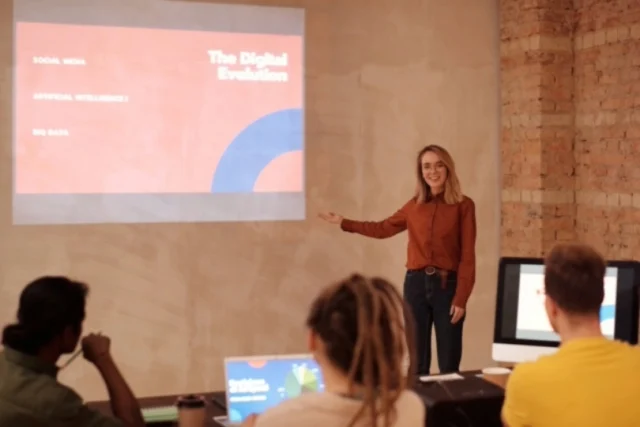The most urgent challenges & future initiatives to address external skills gaps

I attended the Institute for Government’s (IfG) excellent discussion with three Permanent Secretaries (Cat Little, Gareth Davies, and Sarah Munby) on “Bringing in the best: How can the civil service recruit and retain top talent?”. In my previous summaries, I touched on whether the Civil Service has sufficient skills from other sectors and recent initiatives to recruit more external skills in Civil Service. Below, I have summarised the discussion of the key challenges & future initiatives.
Challenges
Current challenges such as cultural homogeneity and a real need to increase the number of specialist skills, received special attention along with the paucity of STEM skills at senior levels.
IfG highlighted the gap in salaries. For example, at senior levels, median Director General (DG) pay is £138k versus £185-£385k for comparable public sector roles. DG’s pay has decreased by £35k in real terms since 2014, making the Civil Service’s ability to attract the best less sustainable. Even taking into account attractive Civil Service pensions, the gap was still considerable.
Cat made it clear that the Civil Service was never going to be able to compete on salary, but nevertheless the Civil Service has a compelling employer value proposition. Offering important, unique and complex work, and a career of great diversity and variety. However, in specialist roles, the Civil Service was looking at what it could do to make packages more equivalent.
The Future
What other future initiatives can we expect?
Cat called for more career mobility between Policy and other functions, and Gareth for more focus on demystifying policy-making to further reduce blockers to external recruitment.
Sarah, said it was critical that Perm Secretaries worked closely with their functional experts and while she recognised that a lot had been done, more was required with regard to the respect accorded deep functional experts. Jordan, at the IfG suggested this might be achieved by giving functional experts the ability to advance their careers as functional experts rather than managers. Gareth proposed that the “next frontier”, moving beyond functions, was to look at how “Subject Expertise” (such as, in energy or digital) could be built.
Finally, Cat recognised the focus was quite operational, that there was not as much capacity to be as strategic as would be liked. Gareth reinforced this viewpoint, expressing the need for an explicit strategy around both the skills and capabilities required and a supporting “build or buy” strategy (i.e. recruit or grow your own); along with the need to be more data-driven.
Despite the challenges, progress and current initiatives, resulted in Cat “feeling optimistic” about the future.
To address the skills gap, I believe in using evergreen vacancies, talent pools, common good practice selection processes and CRM nurturing, to create talent pipelines of internal and external candidates. And at the same time, providing visibility to shape the capabilities of your organisation for an ever changing world.
The goal is to provide Senior Leaders with an up to date view of the skills within your organisation to show where they are based, split by skill, profession and grade.
Looking at internal talent with a view towards supporting internal mobility and being able to see what skills and capabilities we have. We can also look at external talent banks to see what ready pipelines we have to fill future needs.
Understanding the growth in demand for skills and job families identifies gaps in the ability to fill them now and for the future which will help us deploy strategies to build forward looking capabilities.
Bringing end-to-end activities into one recruitment platform, with operational dashboards guiding day-to-day activities, will also ensure the high-quality data for visibility, strategic agility & continuous improvement.
And finally, be data-driven to support better decision making. Recent technological advances in AI are exciting because they can be deployed to augment human decision making rather than supplant it. It helps process information so it can be presented in a manner that mitigates bias, reduces cognitive load and enables high quality recruiting decisions.
If you found this interesting, you can find a further summary of details of the Perm Secretaries discussion of Whether the Civil Service have sufficient skills and talent from other sectors? and Current Initiatives to address skills gaps by clicking on the links.
Thank you to IfG, Alex Thomas, Jordan Urban, Cat, Gareth and Sarah. Click here for the full IfG video of these Civil Service leaders’ thoughts on the status quo, the challenges and the future.
Charles Hipps
CEO, Oleeo



